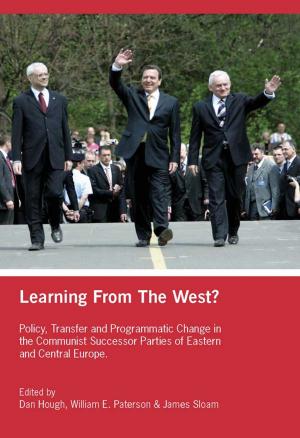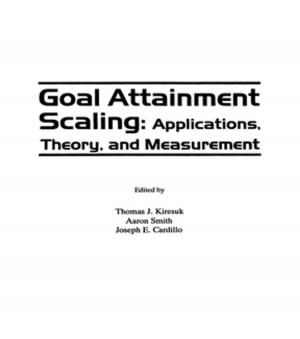| Author: | Joan Robinson | ISBN: | 9781351312462 |
| Publisher: | Taylor and Francis | Publication: | September 29, 2017 |
| Imprint: | Routledge | Language: | English |
| Author: | Joan Robinson |
| ISBN: | 9781351312462 |
| Publisher: | Taylor and Francis |
| Publication: | September 29, 2017 |
| Imprint: | Routledge |
| Language: | English |
"Economics has always been partly a vehicle" for the ruling ideology of each period as well as partly a method of scientific investigation. It limps along with one foot in untested hypotheses and the other in untestable slogans. Here our task is to sort out as best we may this mixture of ideology and science."With these provocative words, Joan Robinson introduces this lively and iconoclastic book. "In what follows," she says, "this theme is illustrated by reference to one or two of the leading ideas of the economists from Adam Smith onwards, not in a learned manner, tracing the development of thought, nor historically, to show how ideas arose out of the problems of each age, but rather an attempt to puzzle out the mysterious way that metaphysical propositions, without any logical content, can yet be a powerful influence on thought and action."Robinson is responsible for some of the most austerely professional contributions to economic theory, but here in effect she takes the reader behind the scenes and cheerfully exposes the dogmatic content of economic orthodoxy. In its place, she offers the possibility that with obsolete metaphysics cleared out of the way economics can make a substantial advance toward science. .
"Economics has always been partly a vehicle" for the ruling ideology of each period as well as partly a method of scientific investigation. It limps along with one foot in untested hypotheses and the other in untestable slogans. Here our task is to sort out as best we may this mixture of ideology and science."With these provocative words, Joan Robinson introduces this lively and iconoclastic book. "In what follows," she says, "this theme is illustrated by reference to one or two of the leading ideas of the economists from Adam Smith onwards, not in a learned manner, tracing the development of thought, nor historically, to show how ideas arose out of the problems of each age, but rather an attempt to puzzle out the mysterious way that metaphysical propositions, without any logical content, can yet be a powerful influence on thought and action."Robinson is responsible for some of the most austerely professional contributions to economic theory, but here in effect she takes the reader behind the scenes and cheerfully exposes the dogmatic content of economic orthodoxy. In its place, she offers the possibility that with obsolete metaphysics cleared out of the way economics can make a substantial advance toward science. .















